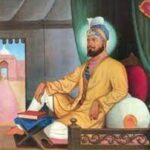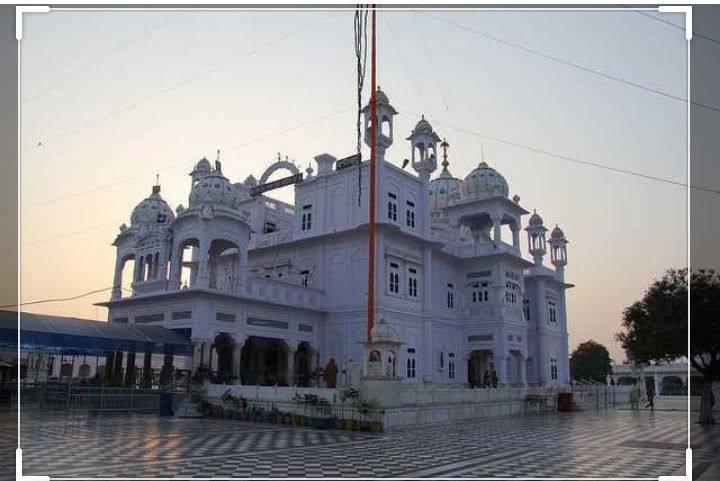9 Jeth
Sikhism places historical significance on Sri Guru Amardas Ji’s Parkash (birth) on the ninth of Jeth. On May 5, 1479 CE, in the village of Basarke, in the modern-day city of Amritsar Punjab India was born Guru Amardas Ji. Every year Sikhs all throughout the world celebrate the anniversary of his birth.
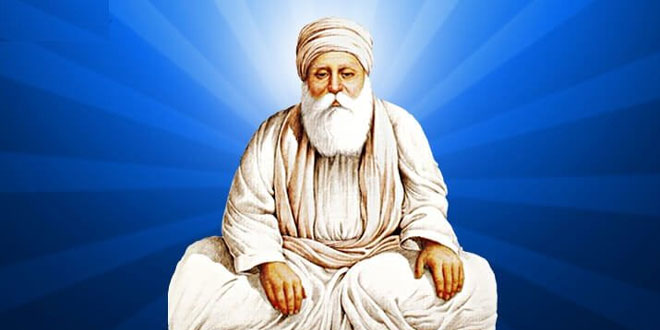
Significant spiritual growth and noteworthy contributions to Sikhism characterize the life of Guru Amardas Ji. He adopted the teachings of Sikhism’s founder, Guru Nanak Dev Ji, despite coming from a Hindu family at birth, and he became a devoted follower. With humility and unflinching dedication, he served the second Sikh Guru, Guru Angad Dev Ji.
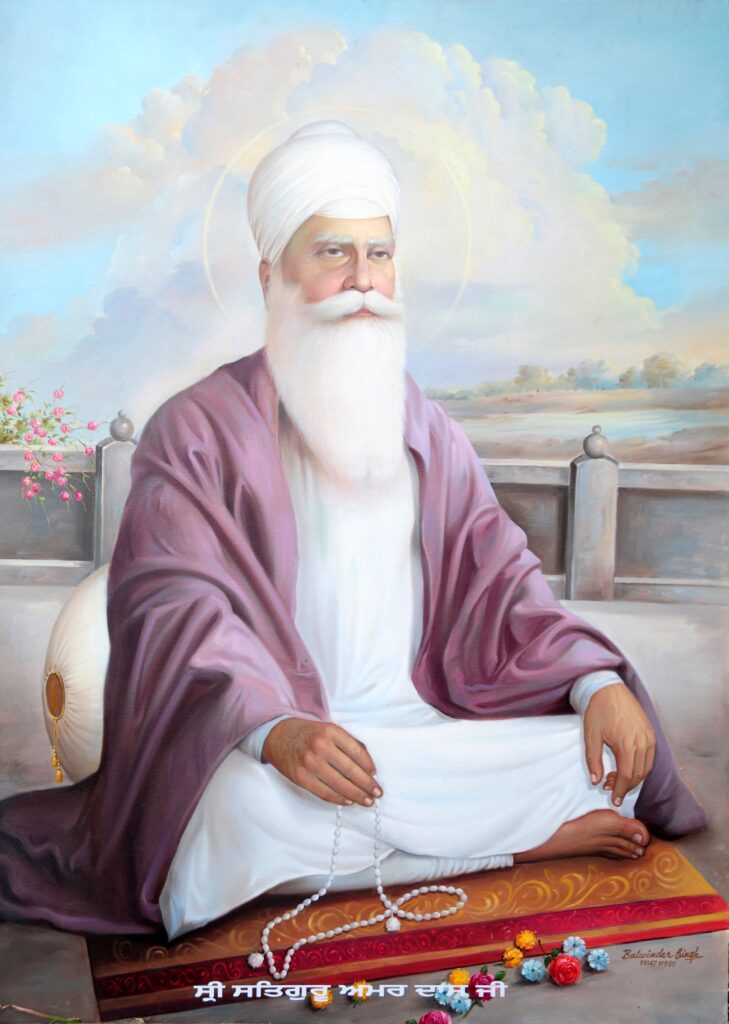
Once Guru Amardas Ji assumed the role of Sikh Guru, he instituted a number of revolutionary changes. In the langar, or communal kitchen, Gandhi institutionalized the practice of individuals from different social classes and castes sitting down to share a meal. Within the Sikh community, this practice promoted equality, cohesion, and harmony.
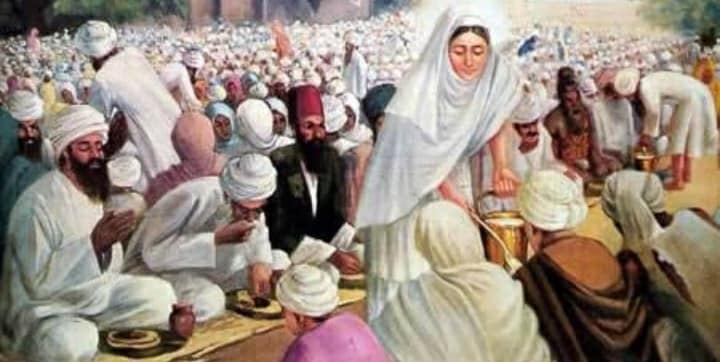
Guru Amardas Ji also played a pivotal role in organizing the Sikh community and spreading Guru Nanak’s teachings. He established “manjis” or preaching centers across various regions, appointing dedicated preachers known as “masands” to propagate Sikhism and offer spiritual guidance.
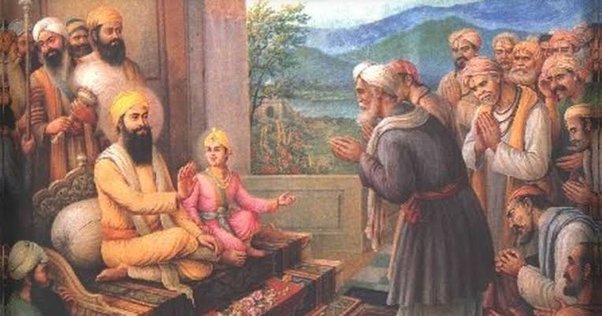
His tenure as Guru witnessed the compilation of hymns and writings of Guru Nanak and Guru Angad into the Pothi Sahib, which later evolved into the Guru Granth Sahib, the holy scripture of Sikhism.

Guru Amardas Ji’s legacy extends beyond his lifetime, as his teachings continue to inspire Sikhs to lead lives of righteousness, service, and devotion to the divine. The anniversary of his birth, celebrated on the 9th of Jeth, serves as a reminder of his enduring impact on Sikh spirituality and community life.




